The foundation of language chart above provides a simplified view of language development to show how early language development supports future academic achievement. Because we so often take language for granted and schools often downplay the impact of speech and language challenges after the third grade, it is easy not to realize, that even small speech and language challenges and impairments can cause great frustration and lead to poor academic performance.
For instance, word finding problems will result in limited vocabulary acquisition. Reduced vocabulary will impact the ability to express ideas both verbally and in writing. Difficulty processing language or understanding language will result in problems following directions and challenges conversing with family and peers. Complications with language formulation will impact the ability to express ideas both verbally and in writing. All deficits will make completing school and home assignments more challenging. Solid language skills are necesssary for academic achievement.
Although words are thrown around such as “language-based curriculum”, “language-based classroom,” it must be understood that all classrooms and curriculums are language-based. Everything we do is language-based. In relationships, at work, and at school we rely heavily on language to connect and learn from each other. If a child or adult has difficulty with language they will often require, not only a language-based curriculum, but individualized instruction to help them learn strategies to navigate and manage their language challenges.

